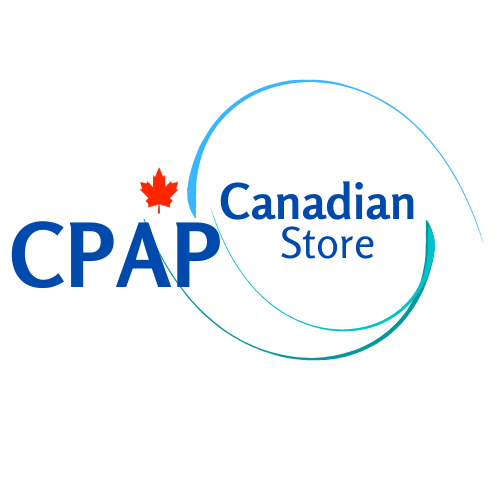Continuous Positive Airway Pressure (CPAP) therapy is a common and effective treatment for sleep apnea. One of the critical components of CPAP therapy is the mask, and among the various types available, full face masks are a popular choice for many users. In this blog post, we will explore the features, benefits, and considerations of using full face masks for CPAP therapy, helping you understand if this type of mask is the right fit for your needs.
What is a Full Face CPAP Mask?
A full face CPAP mask covers both the nose and mouth, providing a seal that allows the CPAP machine to deliver a continuous stream of air to keep the airway open during sleep. This type of mask is particularly beneficial for individuals who breathe through their mouth while sleeping or those who experience frequent nasal congestion.
Features of Full Face Masks
Full face masks come with several features designed to enhance comfort and effectiveness:
- Wide Seal: The mask provides a broad seal around the nose and mouth, ensuring that the air pressure is maintained even if you breathe through your mouth.
- Headgear Straps: Adjustable straps help secure the mask in place, providing a snug fit and preventing air leaks.
- Cushioning: Soft cushions made from silicone, gel, or foam line the mask, enhancing comfort and reducing pressure points.
- Exhalation Ports: These vents allow for the release of exhaled air, ensuring fresh airflow and preventing CO2 buildup.
Benefits of Using Full Face Masks
There are several advantages to using full face masks for CPAP therapy:
1. Suitable for Mouth Breathers
If you naturally breathe through your mouth while sleeping, a full face mask ensures that you still receive the necessary air pressure without any loss of effectiveness.
2. Effective During Nasal Congestion
Full face masks are ideal for individuals who experience nasal congestion due to allergies, colds, or sinus issues, as they allow for breathing through both the nose and mouth.
3. Secure Fit
The design of full face masks provides a secure fit that minimizes air leaks, ensuring consistent and effective therapy throughout the night.
4. Versatility
Full face masks can accommodate various sleeping positions, making them suitable for side, back, and even stomach sleepers.
Considerations When Choosing a Full Face Mask
While full face masks offer many benefits, there are some factors to consider when selecting the right one for your needs:
1. Size and Fit
Ensuring the mask fits properly is crucial for comfort and effectiveness. Most full face masks come in various sizes, so work with your healthcare provider or CPAP supplier to find the right fit for your face shape and size.
2. Comfort
Look for masks with soft, cushioned materials that minimize pressure on your face and reduce the risk of skin irritation or soreness.
3. Maintenance
Full face masks require regular cleaning to maintain hygiene and performance. Consider how easy it is to disassemble and clean the mask components.
4. Noise Level
Some masks may produce noise from the exhalation ports. If you are a light sleeper or share a bed with someone, look for masks designed to minimize noise.
Tips for Adjusting to a Full Face Mask
Switching to a full face mask can take some time to get used to. Here are some tips to help you adjust:
1. Gradual Adjustment
Start by wearing the mask for short periods while you are awake to get accustomed to the feel. Gradually increase the duration until you are comfortable wearing it throughout the night.
2. Proper Adjustment
Ensure the headgear straps are adjusted correctly to secure the mask without being too tight. A proper fit will prevent air leaks and enhance comfort.
3. Use CPAP-Friendly Pillows
Consider using CPAP-friendly pillows designed to accommodate the mask and reduce pressure on your face, helping you maintain a comfortable sleeping position.
4. Address Skin Issues
If you experience skin irritation, try using mask liners or barrier creams to protect your skin. Ensure you clean your mask regularly to prevent buildup of oils and bacteria.
Conclusion
Full face masks are a versatile and effective option for many CPAP users, particularly those who breathe through their mouth or experience nasal congestion. By understanding the features and benefits of full face masks, you can make an informed decision and find the best mask to enhance your CPAP therapy. If you are considering a full face mask, consult with your healthcare provider or CPAP supplier to ensure you choose the right fit for your needs. With the right mask, you can enjoy better sleep quality and improved health.

